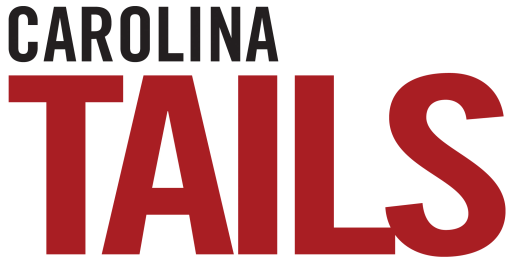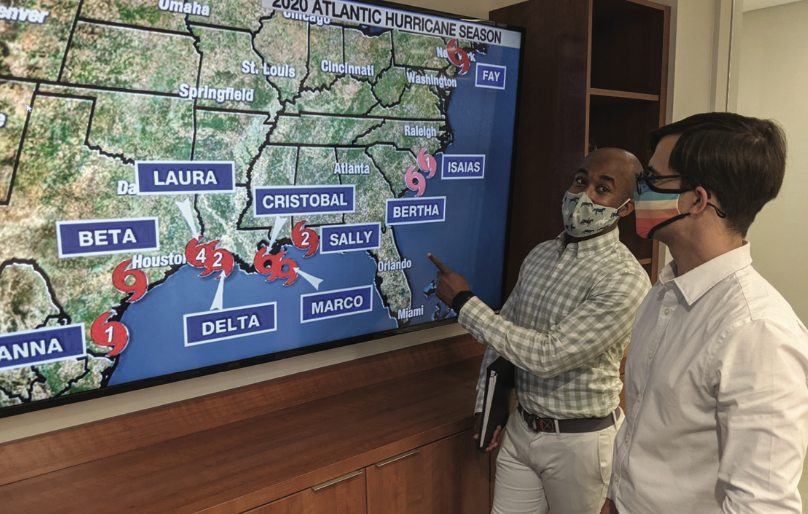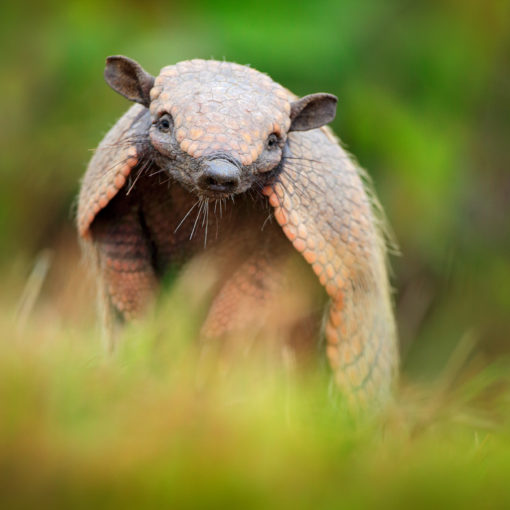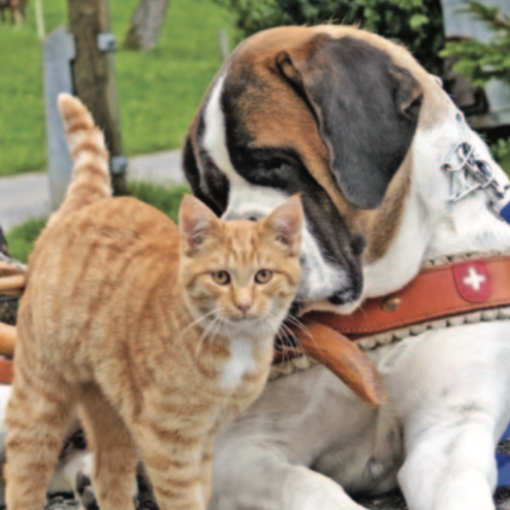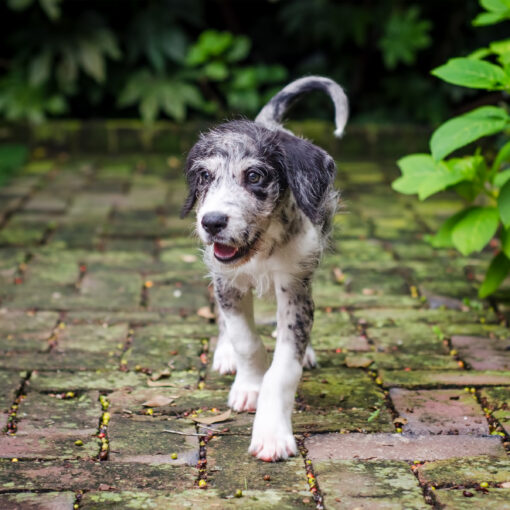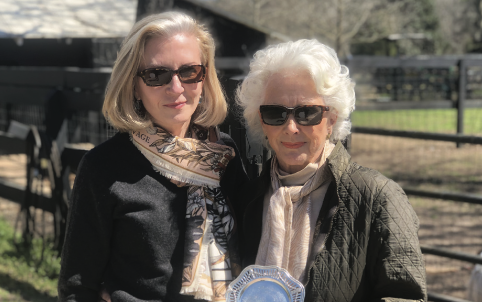By ALDWIN ROMAN, CAWA
CHARLESTON ANIMAL SOCIETY HAS led animal disaster response efforts in South Carolina for the past six years. Not limiting itself to South Carolina, Charleston Animal Society has assisted states from the East Coast to the Gulf Coast and Caribbean Islands such as Puerto Rico, the U.S. Virgin Islands and the Bahamas. The work that has been accomplished is a model for other communities that face disasters. But there is still much work to be done.
South Carolina has experienced federally- declared disasters each of the last six years, but no hurricanes on the scale of a direct hit, such as Hurricane Hugo in 1989.
32 years later – many believe our coastal communities are not any better prepared than they were before Hugo. Population and industry have boomed in the urban centers while flooding problems have gotten worse. The potential for a major storm impact should urge us all to be prepared.
Would Charleston and other communities be ready for a coastal evacuation? Do our communities have plans that accommodate not just people but also their pets? It’s important to mention that with all disaster response preparedness, it starts with you. We cannot help our community, if we as individuals are not prepared. Make sure you have a plan for yourself, your loved ones, and your animals.
DISASTER PLANNING FOR YOUR PETS
A top reason people won’t evacuate is they don’t want to leave their pets behind. Hurricane Katrina in 2005, fundamentally changed the way federal disaster response is managed when it comes to families and their pets. Following the storm that pummeled New Orleans and Mississippi, the Pets Evacuation and Transportation Standards Act (PETS) was passed.
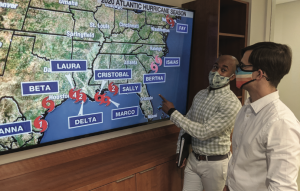
This bi-partisan supported legislation required states seeking Federal Emergency Management Agency (FEMA) assistance to accommodate pets and service animals in their plans for evacuating residents facing disasters. Planning the evacuation of hundreds of thousands of people is one thing, including their pets makes the task much more difficult.
More than a decade later, many are wondering why some communities still aren’t ready to put such a plan into action so that families and their pets are not separated. For many of us, our greatest fear would be to be forced to leave our pets behind during an evacuation, as happened to many in New Orleans in 2005.
The American Pet Products Association estimated that over 60% of households have pets, and usually more than one. For many families, evacuating isn’t as easy as packing up the car and getting out of Dodge. Our local government and communities must take action to help the most vulnerable people and their pets.
FOCUS AND COMMITMENT
Charleston Animal Society has always been committed to taking direct action to save animals in harm’s way. This year, thanks to a grant from the American Society for the Prevention of Cruelty to Animals (ASPCA), Charleston Animal Society brought on board Bryant Taylor as the Emergency Preparedness and Response Manager. This new position will assume the direction of all of Charleston Animal Society’s disaster response efforts and be responsible for much more.
Taylor has the task of building up both our local and statewide capacity to support animal disaster response efforts. Like Charleston Animal Society’s No Kill Charleston 2024 initiative, improving disaster response cannot be done by one person or one organization. Community support is paramount to our success.
This new position will be responsible for recruiting and training a volunteer Disaster Animal Response Team.
The basic tenet of disaster response planning is “Prepare for the worst, hope for the best.” We must treat every hurricane season as though there will be major storm impact on our community. Any less would be putting the lives of animals and families in our community at risk. We plan to do our part, but we will need your support along the way.
JOIN THE DISASTER RESPONSE TEAM
If you are interested in joining Charleston Animal Society’s Disaster Animal Re- sponse Team as a Volunteer, contact Volunteer Administrator Andrew Peiffer: apeiffer@CharlestonAnimalSociety.org.
